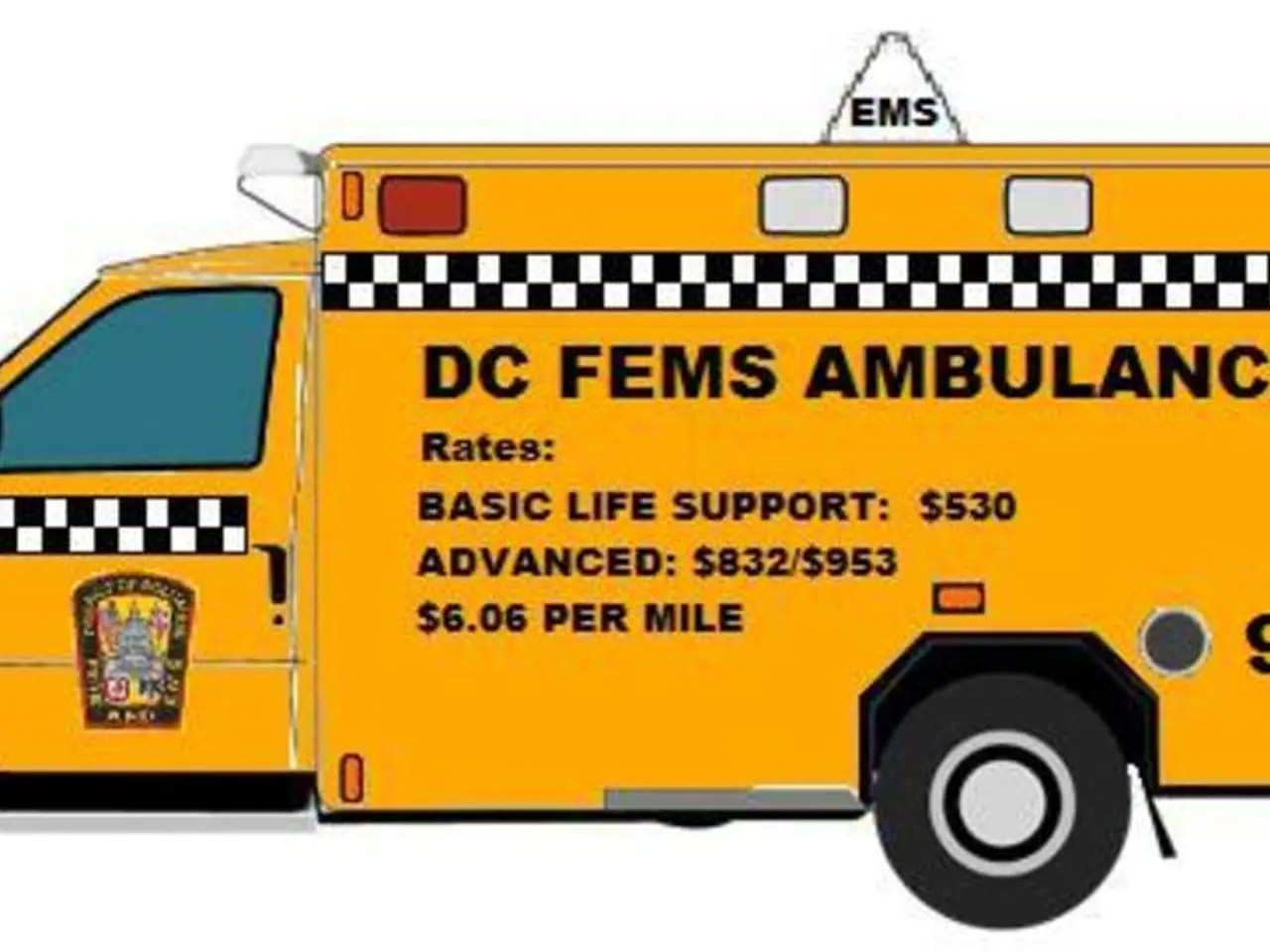Making Resuscitation Mandatory Subject: Preparing Future Lifeguards by Implementing Resuscitation Training Starting Tomorrow in NRW
In a groundbreaking move, the state government of North Rhine-Westphalia has announced plans to introduce mandatory CPR (Cardiopulmonary Resuscitation) training in all secondary schools, starting from the school year 2026/27. This initiative aims to equip a new generation with the skills to respond effectively in medical emergencies, potentially saving countless lives.
The training, which will focus on teaching students how to perform CPR, is part of a broader effort to increase the rate of layperson resuscitation. Minister President Hendrik Wüst emphasised the importance of teaching young people to act correctly in medical emergencies, stating, "We want to train a generation that acts quickly, safely, and bravely in an emergency."
From 2025, teachers in North Rhine-Westphalia will undergo comprehensive training, both online and in person, to deliver this life-saving instruction. Around 2,100 schools in the region will be supplied with resuscitation mannequins to aid in the practical aspects of the training.
The training will be implemented for students in grades 7 to 9, who will receive a 90-minute lesson on layperson resuscitation each year. Educational materials such as videos, teaching manuals, and lesson units will be provided by partners including the German Heart Foundation, ADAC, the Björn Steiger Foundation, and medical associations.
The training will take place in secondary schools across North Rhine-Westphalia, with the students learning to save lives in an emergency using the "Check - Call - Compress" scheme. This scheme, which is a standard protocol for CPR, involves checking for signs of life, calling for help, and beginning chest compressions.
A comprehensive cooperation agreement has been signed by the state government, medical partners, foundations, and organisations, marking a firm commitment to this initiative. The aim of the agreement is to permanently increase the rate of layperson resuscitation, making North Rhine-Westphalia a safer and more responsive community.
Minister of Education Dorothee Feller compared resuscitation to riding a bike, stating that it should become second nature. By introducing this mandatory training, the state government hopes to instil a sense of responsibility and preparedness in young people, empowering them to act decisively in critical situations.
- To complement the life-saving CPR training, the German Heart Foundation and other partners will provide educational materials on health-and-wellness and fitness-and-exercise, fostering a holistic approach to personal well-being and natural disaster preparedness.
- In line with the broader objective of developing well-rounded individuals, education-and-self-development programs will be intertwined with the CPR training, teaching students about mental-health awareness and stress management techniques to provide a comprehensive understanding of health and emergency response.
- Beyond CPR, the state government plans to integrate additional learning opportunities into the curriculum, such as workshops on communication skills and leadership, enhancing students' overall development and emergency response capabilities while instilling a sense of community responsibility.




